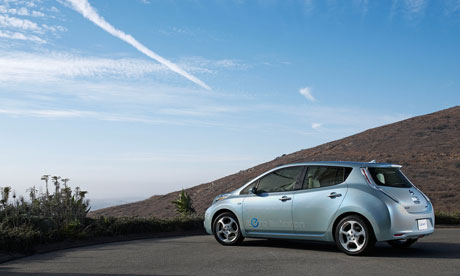
Nick Nigro comments on Txchnologist that “no single alternative will dominate the future the way that gasoline-powered cars own our roads today. The competition will be fierce because these new technologies will not only be competing against each other, but also against the ever-improving internal combustion engine. By 2035, it’s quite possible a new gasoline-powered car will get 50 mpg and a hybrid-electric car (like the Toyota Prius) will achieve 75 mpg.â€
In his article Nigro lists five factors that he believes will give alternative energy technologies the edge to compete with conventional vehicles.
One of them is diversity and adaptability to changes. He also says manufacturers need to create economies of scales to build millions of these vehicles as ramping up production drives down costs. Third, Nigro recommends reducing costs and improving car performance through learning-by-doing. The next suggestion may be one of the trickiest: finding ways to overcome consumers’ resistance to new technology. Cars are major purchases so it’s only natural that people are cautious about their money. Finally, Nigro says we need to overcome the chicken and egg dilemma of the car and refuelling infrastructure, which, according to him, will require a great deal of public support to overcome.
And that public support will have to happen. As wind and solar power make a bigger contribution to the grid, electric cars will become cleaner by default, although it’s a fact that even when electricity is coal-generated, electric cars are still cleaner than their fossil fuel counterparts.
Oil is not going to be available forever and when we think that 70% of the oil consumed in the U.S. goes to transportation, we need to rethink how all these machines are powered. It’s not a matter of if, but a matter of how and when.
Follow us @energyrefuge





